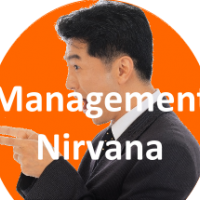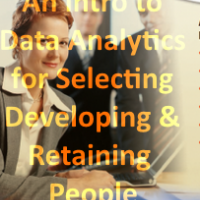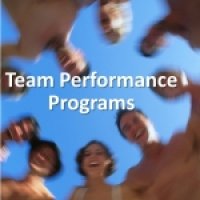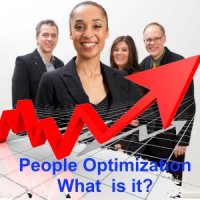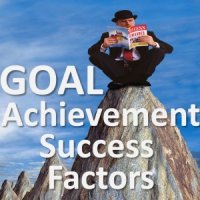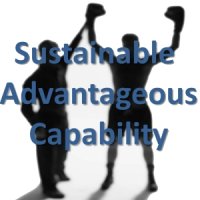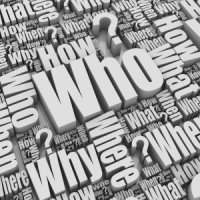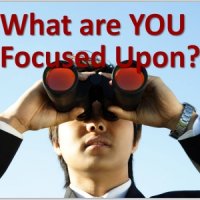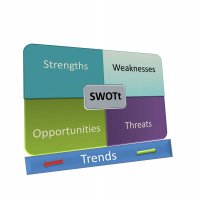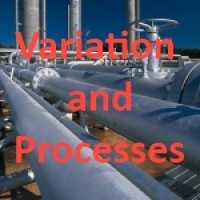This begins our 4 part series on building high performance team using validated data and an effective process. Each discussion will be accompanied by a video discussing the issues, concepts and methods.
Projects, programs, processes, initiatives,… Leading teams and collaboration are important and the leadership tasks to facilitate them are typically more challenging in a remote or blended-remote environment. No matter what environment that you are in, understanding others which includes their tendencies, motivations and preferences is critical. This greatly helps to avoid unnecessary conflicts , unproductive politics and other waste. It is even more important with remote teams. How do you get and keep a team performing optimally? There is general agreement that to do it well and consistently, you need to start from a foundation in trustworthiness which includes both job and task competency as well as behavioral attributes underlying good ethics, relevant interpersonal skills and personal effectiveness. This provides the necessary foundation for trust so that work relationships can be built and the team can be productive. This, then, in turn provides the foundation for commitment to common shared goals and values as well as engagement on the problems and issues. Then, with this, you have the ability to create shared and individual accountability simultaneously so that problems get surfaced and solved. Help is also sought when needed and there is shared responsibility which then leads to inspired work driven by team interaction and results. This needs constant reinforcement which intensifies when change and new challenges are introduced. Below we discuss a model for developing team effectiveness and creating actionable understanding of self, team and focus.
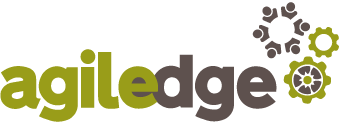


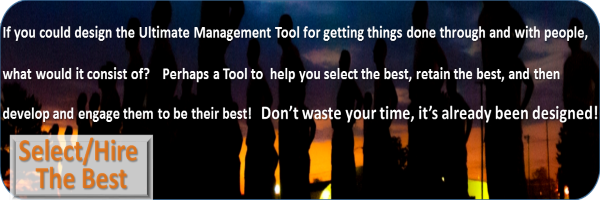
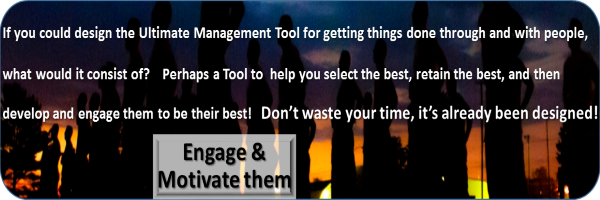
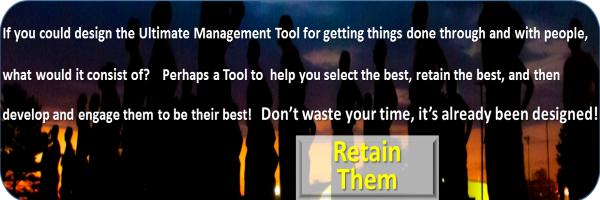
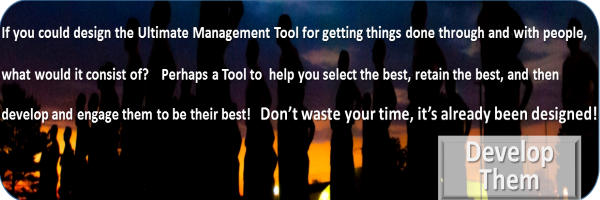
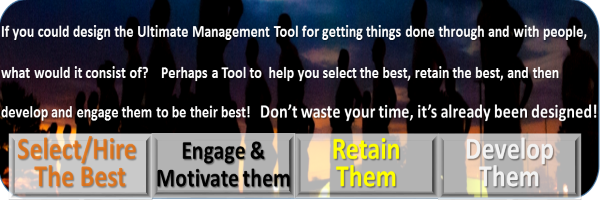
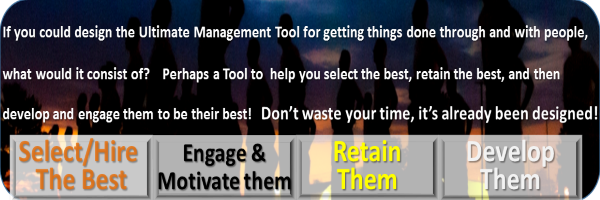


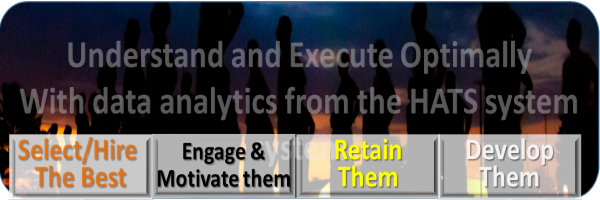







 One of the most difficult challenges managers face is choosing the right people and understanding how to get them to perform at their best. During the last 12 years of our experience, we have found no other tool except the Harrison Assessment that enables this kind of capability with incredible accuracy and insight.
One of the most difficult challenges managers face is choosing the right people and understanding how to get them to perform at their best. During the last 12 years of our experience, we have found no other tool except the Harrison Assessment that enables this kind of capability with incredible accuracy and insight.



